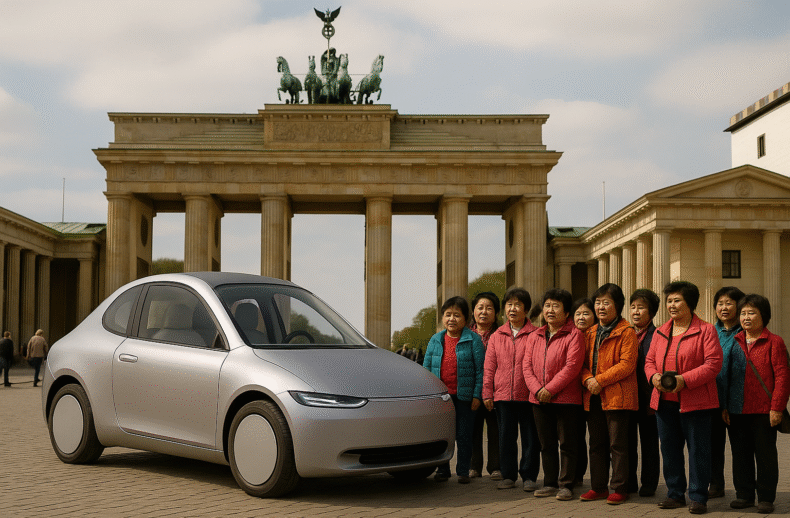Western media and politicians routinely condemn Russia and China for human rights abuses and authoritarian practices—but their critiques often fail to achieve real impact. This essay explores why: beneath the surface, deep neuroscientific differences in cultural wiring make true understanding and effective criticism almost impossible. Using examples from everyday life in Russia and China, we reveal how Western criticism “backs form,” misunderstanding local recognition patterns and reinforcing division instead of fostering change. Eidoism offers a new lens—urging humility, dialogue, and the recognition that only internal cultural shifts can drive real transformation.











